Ivey Fights Borgata for His $9.6m Baccarat Winnings
8 years ago

03 Dec
It was never going to be easy to get Phil Ivey to return the almost $10million winnings from his now infamous Borgata baccarat case, and this week saw the multi-millionaire, poker-player’s lawyers contesting the Borgata’s refund demands.
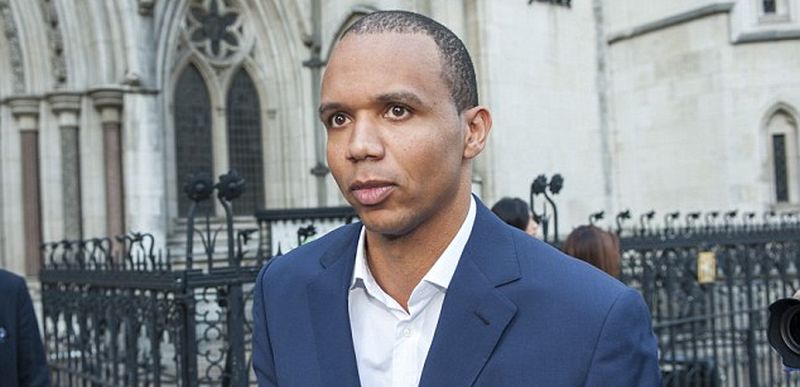
In October a New Jersey judge found that Ivey and his partner in an edge-sorting plan had breached their contract with the Borgata Casino in Atlantic City, but dismissed Borgata’s claims that Ivey and Cheng Ying Sun committed fraud.
Borgata were given 20 days to file for damages and claimed in their submission that Ivey’s case is "identical" to a 2015 case, which saw Golden Nugget gamblers forced to return $1.5 million in winnings after they had exploited an error which resulted in the cards not being shuffled correctly.
According to NorthJersey.com:
"That led to a ‘recurring pattern’ that several players noticed, allowing them to win 42 consecutive hands. A state court found that the error made the playing hands ‘unauthorized'."
Ivey, however, disputes the similarity between his case and the Golden Nugget one, claiming that he was found guilty of ‘breach of contract’ and ‘did not violate any rules or regulations’, and therefore he is not automatically bound to return the winnings.
"The Court's finding on liability does not dictate an automatic damage award," Ivey stated, and expanded on his claim that he was still ‘gambling’ rather than having a sure-fire plan to win – the Borgata having claimed that the edge-sorting technique Ivey and Sun used meant that winning was "reasonably certain."
Ivey’s brief to the court states that:
"The defendants can prove that the edge sorting technique provides information for betting purposes only, and does not change the percentage of the winning hands to any extent."
His partner Cheng Ying Sun - described as having “ a unique skill of detecting tiny imperfections in the backs of the baccarat cards” - had already testified that "we gamble regardless, because I can't be accurate all the time, you know", citing a loss of $2.7 million "in minutes" during the third of four visits which the pair had made to the Atlantic City casino.
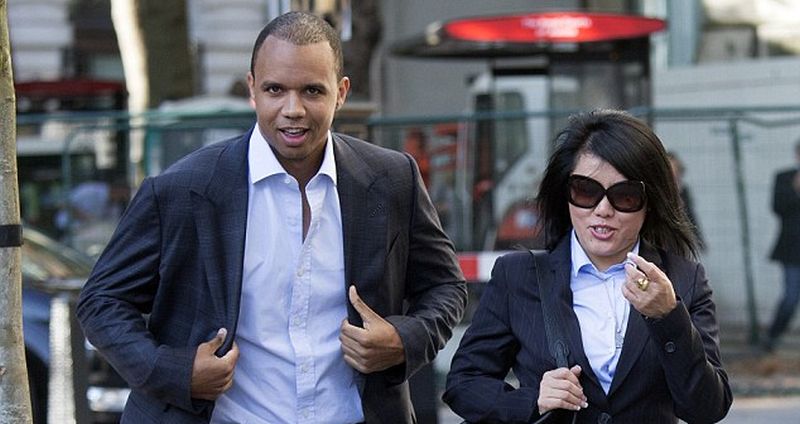
The actual numbers are revealing, Northjersey.com reporting that:
- In April 2012, Ivey played 1,180 hands with an average bet of $25,000.
- In May 2012, it's 4,215 hands with an average bet of $36,000.
- In July 2012, it's 1,373 hands with an average bet of $93,000.
- In Oct. 2012, it's 1,850 hands with an average bet of $96,000.
The volume of money bet, according to NerdSuperFly on the 2+2 forum, breaks down as:
- Apr - $29,500,000
- May - $151,740,000
- Jul - $127,689,000
- Oct - $177,600,000
- Totals - $486,529,000 (8,618 bets, avg $56,454.98)
- Winnings - ~$9.66 Million
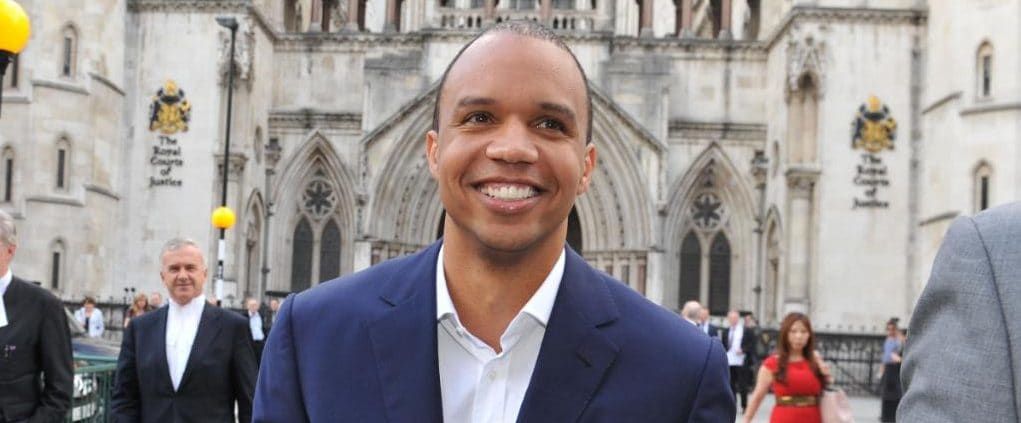
The Borgata explained that Ivey won 864 hands, lost 822 hands, and tied in 184 hands, over one of the periods in question, which means that the pair won less than half the time – although the edge-sorting apparently gave him the advantage of knowing whether the first card was likely to be favorable to him.
This allowed Ivey to maximize or minimize bets – up to $100,000 per hand - which is really the crux of the casino’s arguments. As John Brennan points out:
"Now the question is whether not having a major edge in terms of number of hands won is the key - or is it the massive amounts per hand won by Ivey when his partner correctly noticed a potential "first card advantage" is in play?”
The UK case which has basically run concurrently with the Borgata one, where Ivey won a similar multi-million dollar amount at Crockford’s, was recently decided in favor of the casino, which had refused to pay Ivey his winnings.
Ivey’s hopes to force the London casino to pay out were dashed last month when Lady Justice Arden stated of the edge-sorting technique and plan:
"It is for the court to determine whether the interference was of such a quality as to constitute cheating. In my judgment it had that quality.”
She added:
"In particular the actions which Mr Ivey took or caused to be taken had a substantial effect on the odds in the game and Crockford's were not aware of this at the relevant time. In these circumstances, no lower standard applied in this case because Mr Ivey was an advantage player who was in an adversarial position with the casino.”
The case continues.

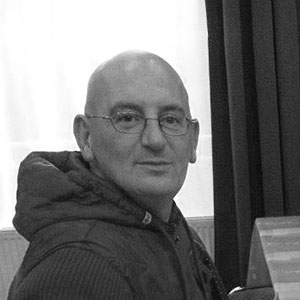
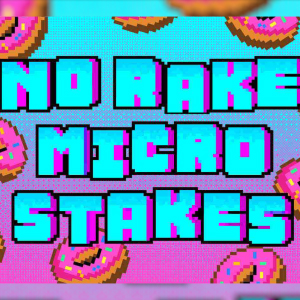



Comments
You need to be logged in to post a new comment